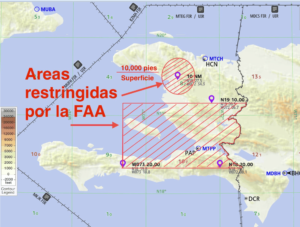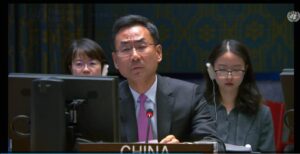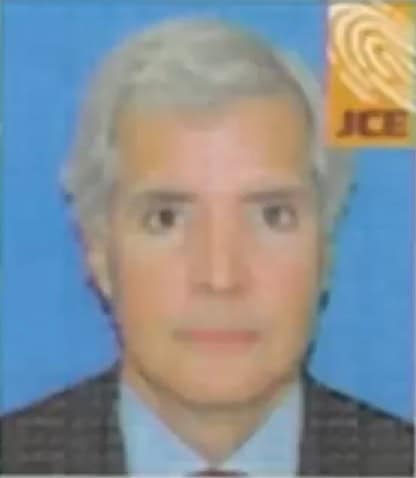
A villa in Casa de Campo, two luxurious apartments, one of them located in the Anacaona tower, in the Cacicazgo sector, valued at 360 million pesos and a commercial premises that was destined for the Malecón Center cinema, on George Washington Avenue , are some of the sumptuous properties who gave in to State the businessmen Ramon Emilio Jiménez Collie (a) Mimilo and Fernando Chrysostomlinked in the case of corruption Operation Squid.
They are parts of the properties to complete the almost 2,000 million pesos that both men agreed to return so that they would be left out of the criminal accusation.
Mimilo and Fernando Crisóstomo admitted their guilt in the “fraudulent maneuvers to cheat to the State“, through the collection of administrative debt, at the request of the main defendant in Calamar, the former Minister of Finance, donald Gerrero.
The accusing body asked them for a criterion of chanceapproved in August of this year by the judge of the Fourth Investigative Court of the National District, Altagracia Ramírez, whose sentence No. 060-2024-SRPT-00034, was read last Friday, October 11.
- He agreement The one they reached with the Public Ministry is based on their collaboration “to subject the other people responsible” for the case of corruption and because of his “repentance.”
Other businessman who was also approved for the criteria of chanceso he will not be criminally prosecuted either, it is José Arturo Ureña Pérez, and returned 500 million pesos, in cash and in properties.

Among the properties and furniture that Ureña Pérez authorized to seize, voluntarily, is cited in the ruling 14 lots located in the province of La Vega and two properties in Higüey, as well as one boat Viking Princess Sport brand, Amnesia, valued “at nine hundred eighty thousand dollars ($980,000.00) which is the equivalent of fifty-eight million two hundred thousand Dominican pesos (RD$58,200,000.00) in cash”, when he negotiated with the accusing body.
He also delivered a check for the value of ” forty million (RD$40,000,000.00) in favor of the Attorney General’s Office of the Republic”.
The furniture, real estate and money The cash confiscated from the three accused in the scam against the State amounts to 2,316,770,078 pesos“as reparation for the money stolen from the treasury” and they also undertake “to testify regarding the information” they know and against the other people involved who make up “the association of evildoers” of the Squid case.
In the hearings for approval of the criterion of chancethe Specialized Prosecutor’s Office for the Prosecution of Administrative Corruption (Pepca) asked the court to approve it with the condition that “the process of delivering these estate“.
Fernando Crisóstomo delivered more than one billion
Presented to the former minister donald Guerrero for Mimilo, according to Calamar’s accusation, Fernando Chrysostom Herrera was the one who identified the cases for which administrative debt payments could be claimed from the State and with which the treasury would have been defrauded of more than 19,000 million pesos.
Chrysostom Herrrera delivered RD$101,770,078.50.00 in the following way:
1.-The commercial premises 301-A, which was used for the Malecón Center cinema and with a value of 260,000,000.00 pesos. The premises are on the third floor of the mall“with all its dependencies and annexes, in the Zona Universitaria sector, George Washington Avenue, National District.”
The establishment has an area of 2,700.58 square meters, which has five rooms, one with 156 normal seats and seven VIP; the second room, with 150 normal seats and seven VIP seats, room 3 has 237 normal seats and 11 VIP seats, room 4 has 240 normal seats and 16 VIP seats, while number 5 has 214 normal seats and 56 VIP seats , the latter “is a theater type with a dressing room.”
2.- An apartment in the Anacaona Tower, in the Los Cacicazgo sector, with a surface area of 1,199.41 square meters and listed at 360,000,000.00 pesos.
3. He also delivered six other properties located in San Cristóbal valued together at 371,770,078.50 pesos.
4.- An administration check for 60,000,000.00 pesos, in favor of the Attorney General’s Office of the Republic. All the estate mentioned “make one billion fifty-one million seven hundred and seventy thousand and seventy-eight Dominican pesos and fifty cents (RD$1,051,770,078.50)”
The missing amount, “fifty million pesos (RD$50,000.00)” to complete the total of 1,101,770,078.50.00 pesos that was forced to be returned, was seized from Mimilo’s surplus, explained the Special Prosecutor’s Office for the Prosecution of Administrative Corruption (Pepca) to the Fourth Court of Investigation.
Ramon Emilio Jiménez Collie (a) Mimilo
He businessman Ramon Emilio Jiménez Collie (Mimilo) is the partner, along with José Arturo Urena of the company Trossachs Enterprises, benefited from contracts and irregular payments by the State during the administration of former Minister Donald Guerrero, describes the Calamar accusation.
He was part, also with Ureña and Chrysostomfrom the creation of the illicit collection program, through the Directorate of Casinos and Games of Chance, during the period 2016-2020, to betting, lottery and grocery stores who had slot machines, “where the money obtained from this fraudulent payment did not enter the coffers of the State Dominican”.
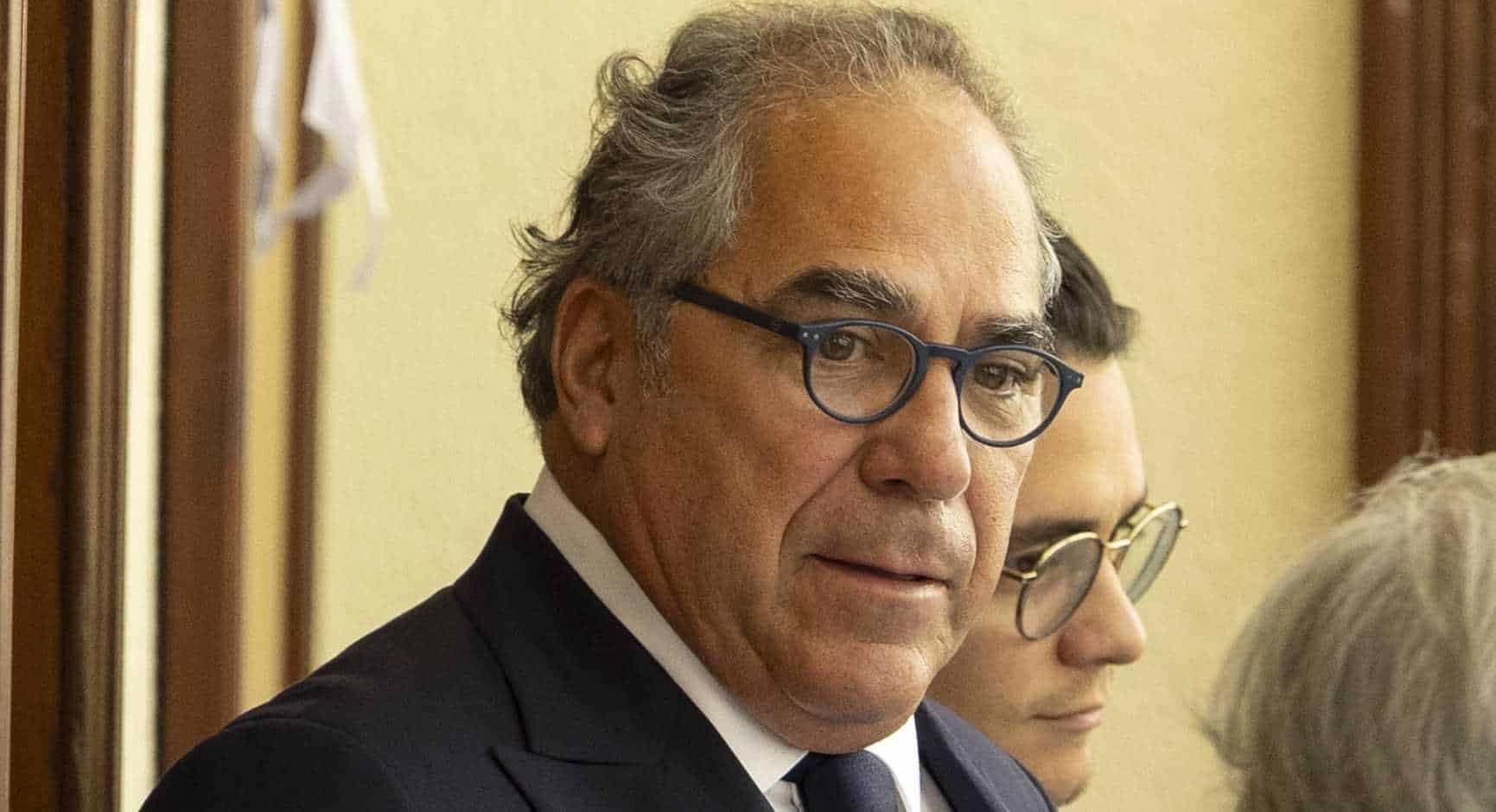
In the “cash transfer scheme” product of the corruption was distributed “from the office of Ramon Emilio Jiménez Collie, which served as a collection center”, on Max Henríquez Ureña Avenue, corner of Winston Churchill.
Mimilo returned to State as follows:
1.- A villa in Casa de Campo, La Romanawith an area in square meters of 3,398.41, located in Bahía Chavón No.3, and with an appraisal value of four hundred million pesos (RD$400,000,000.00).
2.- An apartment in the Torre Pedro Henríquez Ureña condominiumwith a surface area of 352 square meters, valued at sixty-five million pesos (RD$65,000,000.00).
3.- a check of administration of the Banreservas banking entity dated May 28, 2024, for a value in Dominican pesos of three hundred million (RD$300,000,000.00)in favor of the Attorney General’s Office of the Republic.
La Pepca clarified in the hearing that “the first amount of the first good that is four hundred million pesos (RD$ 400,000,000.00), plus the value of the second asset, which is sixty-five million pesos (RD$65,000,000.00), plus the three hundred million (RD$300,000,000.00), add up to seven hundred and sixty-five million pesos (RD$765,000,000.00)”, but Mimilo made the commitment to deliver RD$715,000,000.00, which was “resolved” because in what he offered Fernando Chrysostom “There is a deficit of fifty million pesos (RD$50,000,000.00) that they and by word of mouth” agreed to correct.
Judge rejected plaintiffs’ request
The request for the families who were also defrauded by the aforementioned Calamar network with the declaration of public utility of their propertiesthat their qualities were accepted and they were compensated with part of the assets that were returned, was rejected by the judge, declaring them “inadmissible due to lack of quality in their conclusions, without the need to weigh them on the merits.”
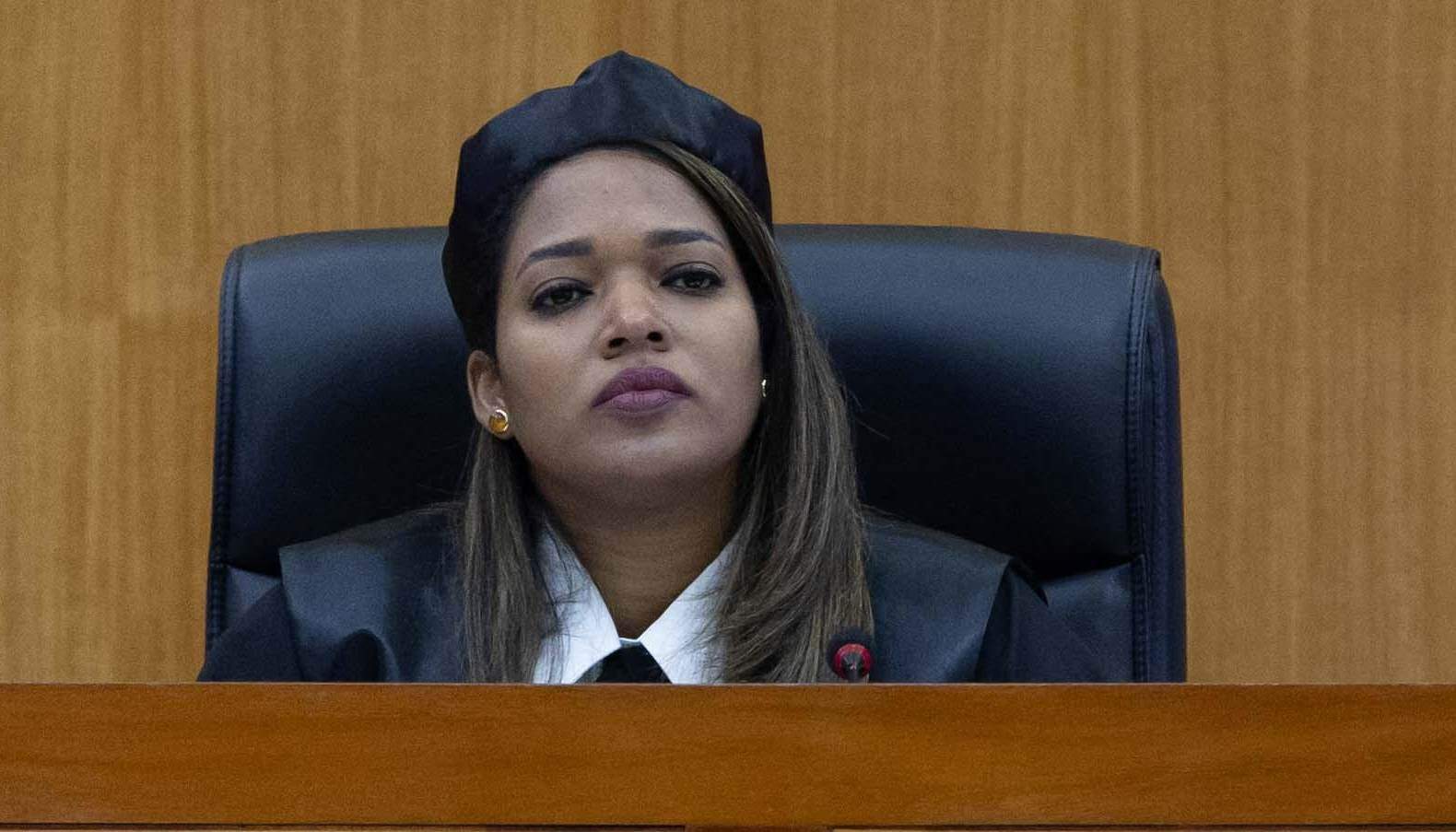
Previously, the head of Pepca, Wilson Camacho, explained that the “confiscation and the damages (the latter being what the plaintiffs claim) have totally different characteristics and natures.”
He stated that the State Dominican is not receiving the estate confiscated as reparation for damage, with a compensationbut the confiscation “fruit of crime.”
In the ruling issued by the Fourth Court of Instruction, the criterion of chance in favor of Belkis Antonia Tejeda Ramírez, Natalia Cesarina Beltré Torres and Grupo Dibefe, SRL, who had to deliver two properties, one located on Teodoro Chasseriau Street, No. 5267, in the Las Praderas sector, National District, measuring 583 meters; as well as an apartment in the El Millón sector.
Pepca filed a formal accusation for the Calamar case, which is in the preliminary stage, against former ministers Donald Guerrero, José Ramón Peralta, Gonzalo Castillo and 31 other individuals and 13 companies for allegedly defrauding the State of more than 41 billion pesos. .
The theft of taxpayer resources would have been done through the irregular payment of properties declared of public utility, bribes to finance the internal process of the Dominican Liberation Party and the 2020 elections, as well as in an extortion project in banks. of betting.


